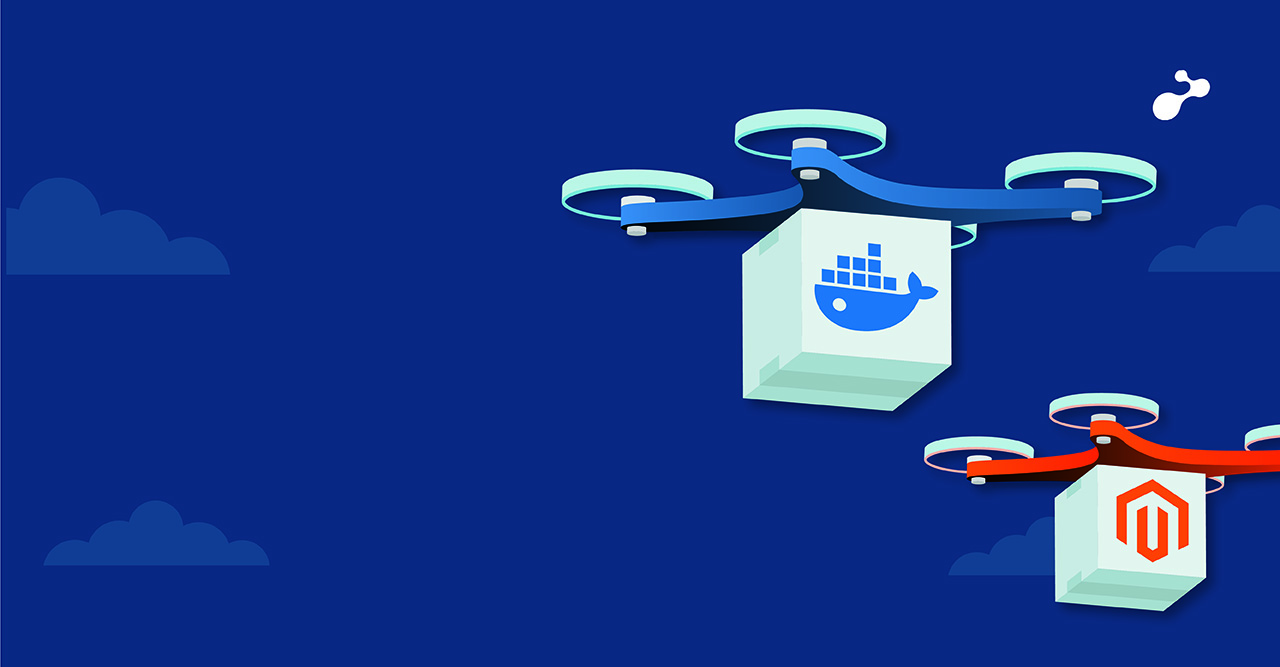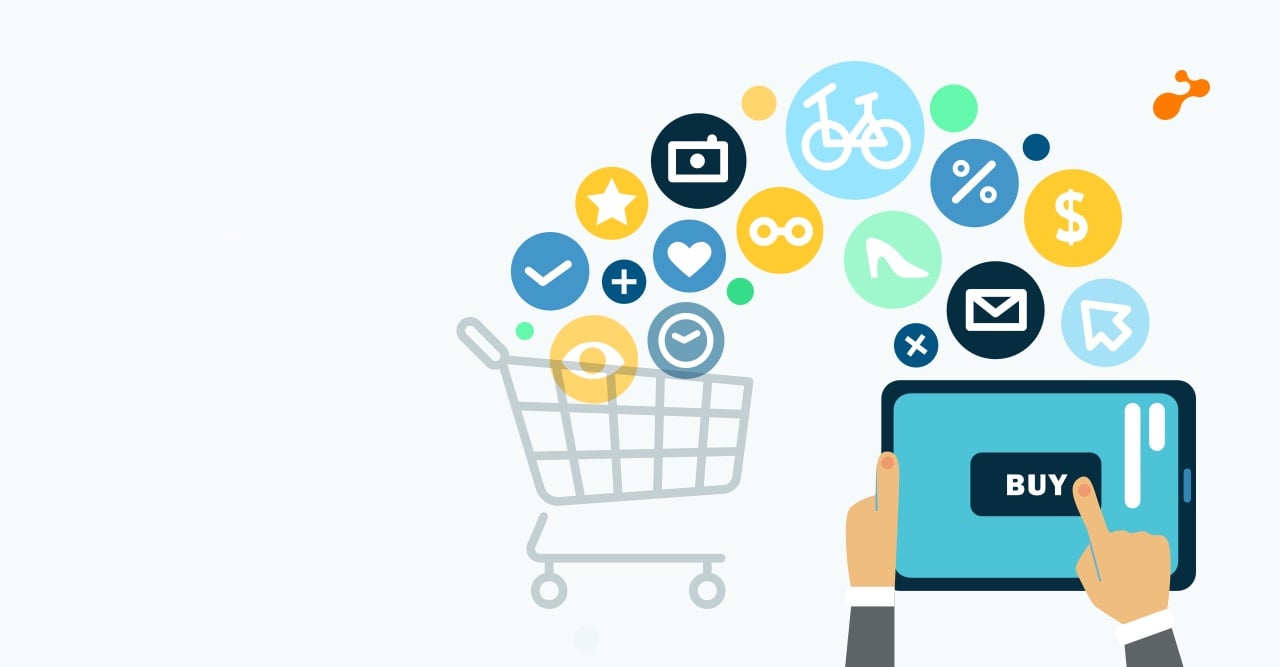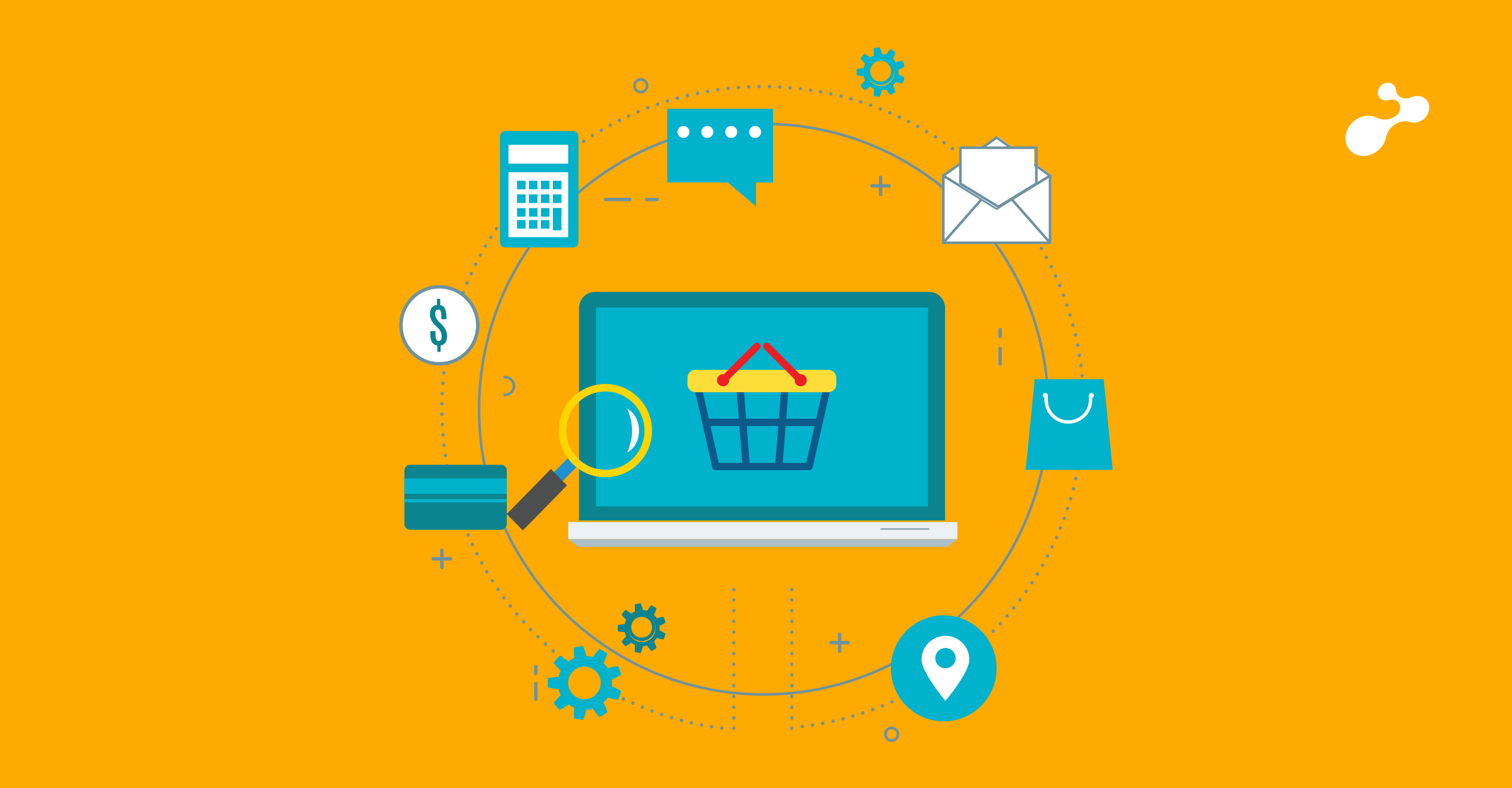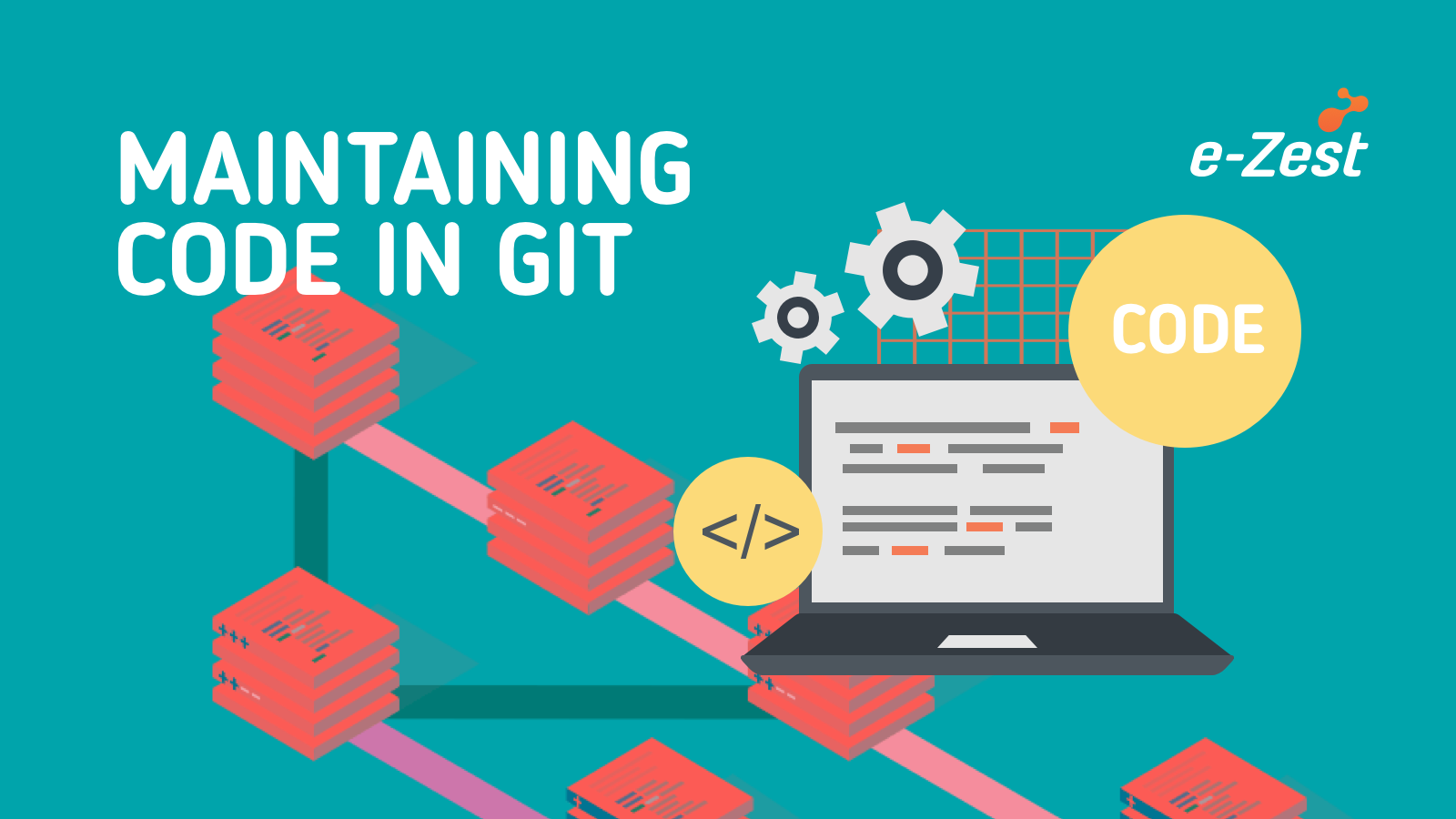When it comes to the world of commerce, omni-channel and multi-channel are the reigning buzzwords. In other words, while omni-channel and multi-channel are hot topics, that heat rarely produces clear guidance for execution and growth.
Developing a successful commerce strategy takes (1) understanding the key differences and (2) picking the one that’s right for your business. To do that, let’s look at each in turn
Multi-channel commerce is promoting and selling anywhere your customers buy from or are active visitors of that channel. Various channels such as brick and mortar stores, websites, social media, marketplaces, mobile applications, online communities can be used to identify where your target customers spend most time or buy from.
Multi-channel strategy mainly focuses on consumers’ choice, purchase patterns, platform usage. These consumer insights help in identifying the channel that is suitable for an organization. On average, multi-channel efforts increase revenue with each additional channel, if chosen correctly and proper strategy are used according to the respective channel.
Multi-channel strategy works in isolation of other channels or is less integrated because it focuses on handling and enhancing the performance of individual channel. The channels are not synced together as the multi-channel approach favours a unique strategy for each separate channel and hence cannot offer a unified experience which consumers have come to expect.
So, what is omni-channel?
‘Omni’ has Latin roots which mean all-knowing, perceiving all things and not just what's happening on individual channel. Omni-channel is optimized taking the whole experience into mind across channels, across devices.
There is the textbook definition and how other thought leaders define omni-channel. At e-Zest, we define omni-channel as "a contemporary approach to commerce that centres on designing an integrated user experience for consumers at every touchpoint."
At its core, omni-channel is multi-channel but — a holistic approach that provides consumers with an integrated experience. These consumers can be shopping online, or by telephone, or in a mom-and-pop store and the experience would be seamless.
What makes omni-channel better than multi-channel?
Unlike multi-channel, think of omni-channel as an immersion, like diving into an all-inclusive space pulled into the centre of a brand’s gravity. In omni-channel, not the product or brand but the consumer lies at the core.
An omni-channel strategy ensures a seamless experience for shoppers. The shoes you viewed on your laptop are the same ones you saw while Instagramming on your phone and the same pair you received an email about. The message is consistent, device agnostic, and most importantly, customized based on your browsing behaviour.
Which strategy will you choose?
While many players have achieved success in multi-channel, a few have devised the seamless omni-channel experience that consumers have come to anticipate. In the future, it’s the true omni-channel players who will win the battle for share in customers’ wallets.
To learn more about creating a winning omni-channel strategy, read our blog Transforming multi-channel to unified commerce.







